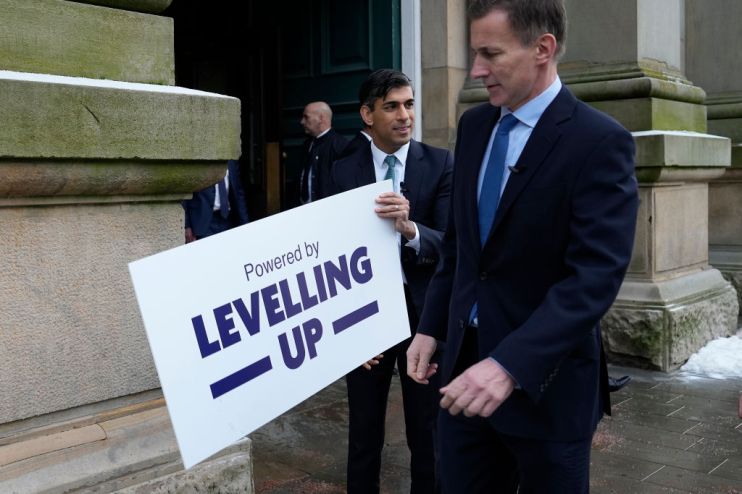Jeremy Hunt defends spending ‘cuts’ as Reeves slams fiscal drag impact

Chancellor Jeremy Hunt’s crowd-pleasing Autumn Statement announcements certainly did raise eyebrows.
Yesterday the Chancellor announced plans to:
Abolish Class 2 National Insurance altogether for the self-employed
Invest £1.3bn over the next five years to help people find jobs
Freeze all alcohol duty until August 1st of next year and
Make a two per cent cut to Employee National Insurance tax from 12 per cent to 10 per cent — which will come as early as January 2024.
Tory MPs cheered the move but others have been more sceptical, pointing out the cut will not negate tax hikes announced this time last year.
Rachel Reeves, the shadow chancellor for the Labour Party, said the tax cuts revealed in the autumn statement fall short of offsetting so-called fiscal drag, which is causing a greater number of individuals to be paying tax.
Fiscal drag occurs when tax thresholds remain static but pay increases in line with inflation or more – dragging people into higher tax brackets even when their relative wealth may not increased.
Speaking to Times Radio, she said: “In fact, the Autumn Statement confirmed yesterday that the tax burden on families despite this cut in national insurance is going to continue to rise in each of the next five years.”
“So, it is some relief, but, to be honest, it doesn’t compensate for the fiscal drag,” Reeves added.
However, Jeremy Hunt would beg to differ. The Chancellor insisted that the tax cuts he announced in the Autumn Statement were “the single biggest thing I could do for long-term growth”.
According to Hunt, he opted for national insurance and business tax cuts because they “will make the biggest difference to our long-term competitiveness”.
He said yesterday during his Autumn Statement that the change would help 27 million people and mean someone on an average salary of £35,000 would save over £450 per year.
Furthermore, the Chancellor has denied his decision not to increase public spending in line with inflation will result in worse public services.
“No, and the reason is very straightforward. If we want to have money to invest in the NHS, in schools, in our armed forces over the longer term, you have to grow the economy,” he told Times Radio.
He continued: “That is the only way in the longer run that you can fund the cost of an ageing population and that’s why I took those decisions for the long term.
“In the short run, I am showing discipline with public spending. I think that is the right thing to do. We need a more productive state, not a bigger state.”
